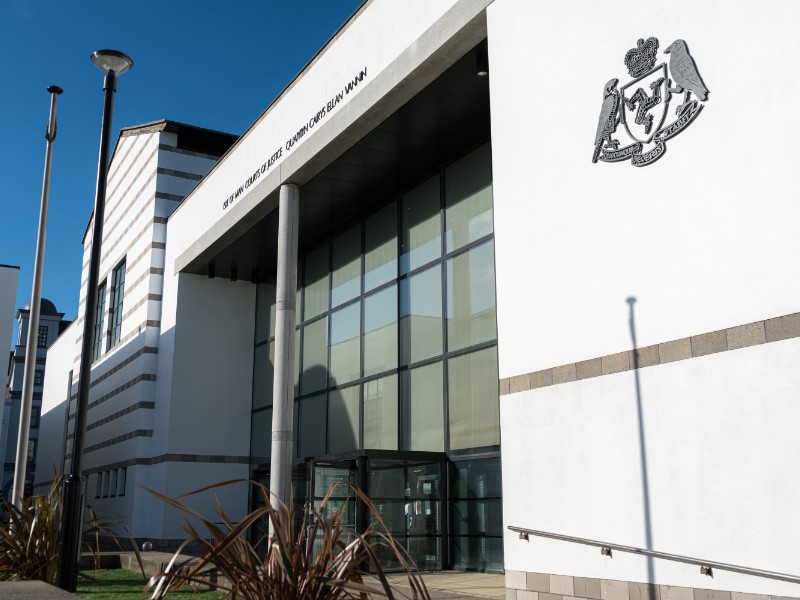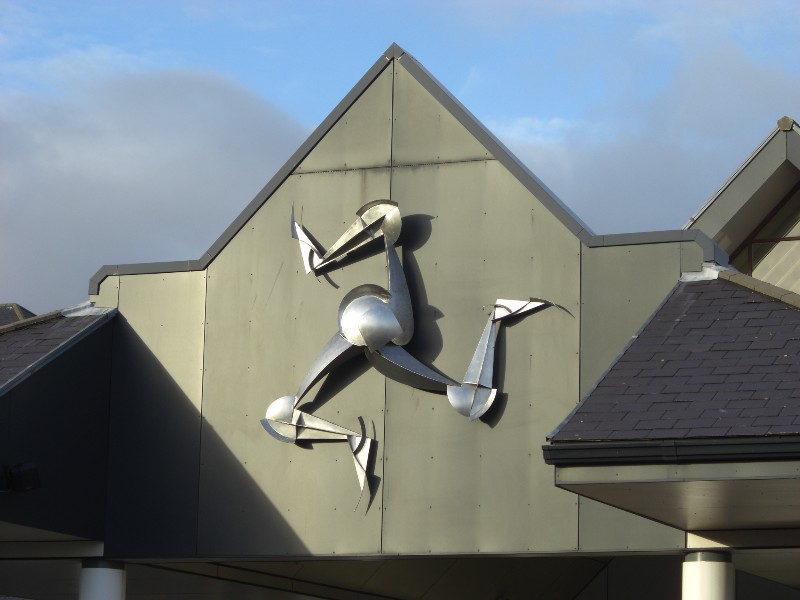
Ministers call for new guidance after scrutiny clash over cancelled hearing
The Council of Ministers has rejected criticism from a parliamentary committee that the Department of Infrastructure’s handling of a planned evidence session with the former airport director was “unacceptable” and potentially in contempt of Tynwald.
A report from the Economic Policy Review Committee, published in March, found that Gary Cobb, who stepped down as Director of Ronaldsway Airport in early 2024, had been due to give evidence on 11 October 2024.
However, the hearing was cancelled less than 24 hours before it was due to take place.
The cancellation followed a late instruction to Mr Cobb, reportedly on the direction of then-Infrastructure Minister Tim Crookall, not to attend unless a political representative could also be present.
The committee described this as a missed opportunity to gain insight from a departing senior figure and said the situation had been mishandled by the department.
In its official response, the Council of Ministers refuted those claims, stating that the minister and chief officer were not copied into the original invitation sent to Mr Cobb on 20 September.
It argued this was a breach of parliamentary norms and disregarded the democratic principle that civil servants appear before committees under the authority of ministers, who are accountable to the legislature.
The Council cited the United Kingdom's 'Osmotherly Rules' - which outline protocols for civil servants giving evidence to parliamentary committees - as a framework it believes should inform future practice on the Isle of Man.
It stressed that civil servants should not be called to give evidence in isolation if their appearance risks entering areas of political responsibility.
“The handling of this matter by the Department of Infrastructure was not unacceptable,” the government responded.
“Rather, the process followed by the committee lacked clarity, balance, and regard for long-standing constitutional conventions.”
It acknowledged that it was “unfair on the Committee” to have informed them of Mr Cobb’s non-attendance at such short notice, but said the confusion arose because the minister was unaware the invitation had been issued and had a prior commitment to attend a funeral.
CoMin said a subsequent offer was made to reschedule the hearing with both the minister and a new airport director in attendance, but this was not pursued by the committee.
Government also challenged the assertion that a valuable opportunity had been lost, arguing that no formal request was made for a written submission from Mr Cobb, nor were questions submitted for written response via the department.
In its response, the Council of Ministers recommended that clearer rules and guidance be established for inviting officers and ministers to give evidence before parliamentary committees.
It proposed an amended motion for Tynwald to recognise the incident as a regrettable misunderstanding on both sides, rather than an outright failing by the department.
While reaffirming that parliamentary duties should take precedence over routine government work, CoMin suggested this principle should be formally documented and clarified, especially when weighed against personal matters.

 Man who launched attack on van driver sentenced
Man who launched attack on van driver sentenced
 RNLI's last serving Mersey class boat visits the Island
RNLI's last serving Mersey class boat visits the Island
 Double victory for Island's heritage railways
Double victory for Island's heritage railways
 No speed cameras being installed on Island, insists infrastructure minister
No speed cameras being installed on Island, insists infrastructure minister
 Audiology drop-in clinics to resume
Audiology drop-in clinics to resume